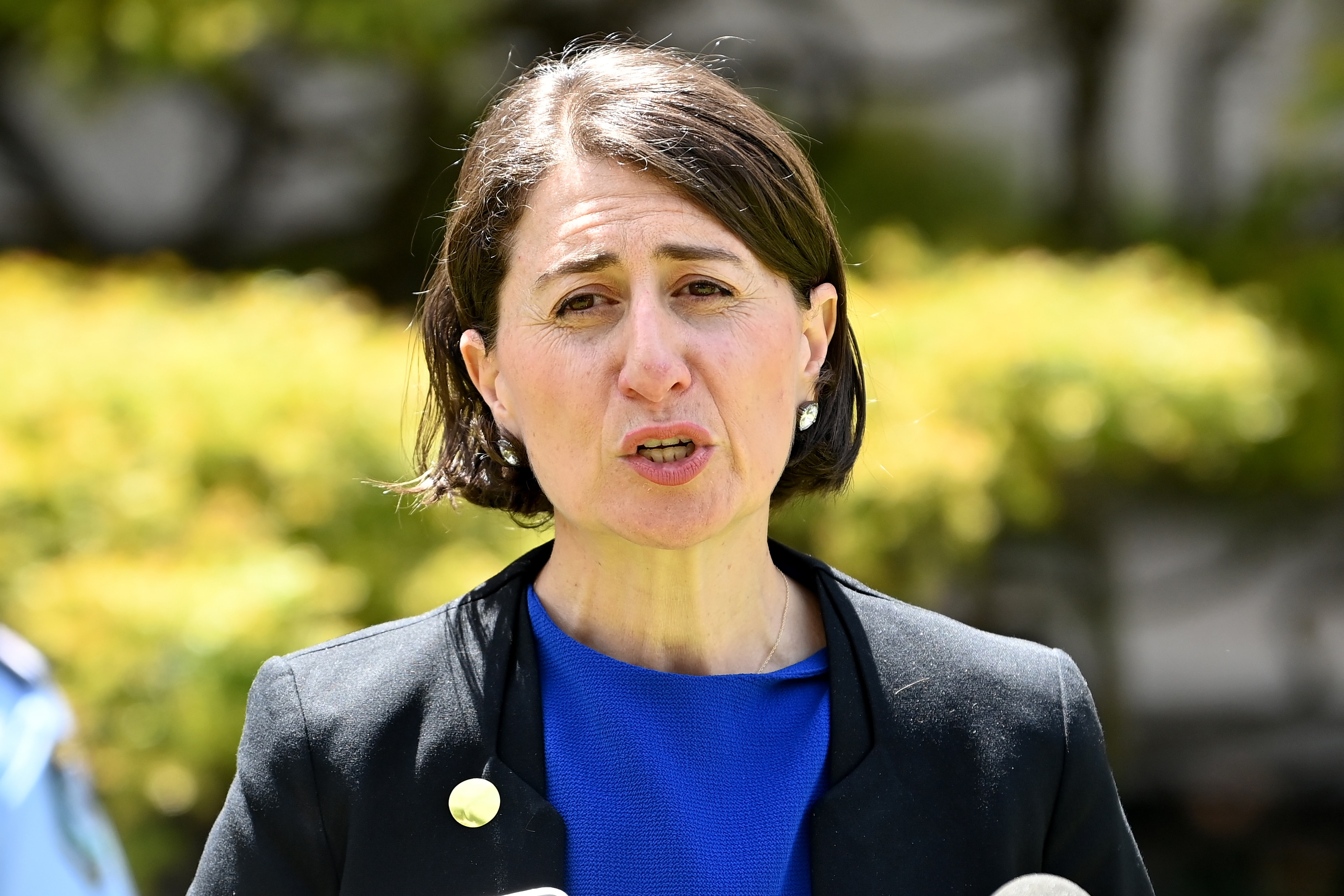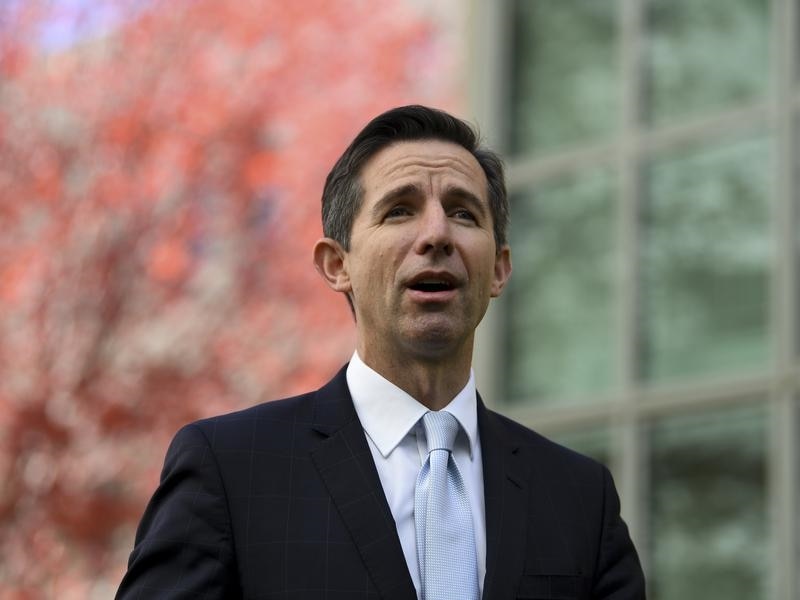The international education sector has welcomed the NSW Premier’s push to set aside up to a third of the state’s hotel quarantine places for international students and skilled migrants.
Gladys Berejiklian on Sunday announced a plan to allocate up to 1,000 quarantine places each week for students and migrants, in a bid to boost the economy.
The plan puts NSW at loggerheads with the federal government, which remains convinced that returning Australians should take priority for quarantine places.
Ms Berejiklian is also calling on other states to share the burden by increasing their intake of returning travellers.
Phil Honeywood, chief executive of the International Education Association, said the push would offer a lifeline to the international education sector, which has been rocked by Australia’s coronavirus travel restrictions.
“Canada and the UK have been able to keep their borders open throughout the whole pandemic,” he told SBS News.
“If Australia does not open its borders soon to this very large industry – then these young people and their parents are going to vote with their feet and just take market share off Australia.”
Travel restrictions have halted the international education market, which is worth $40 billion a year to the Australian economy.
Mr Honeywood said priority should be given to returning international students who through “no fault of their own” have been stranded offshore.
“The international education industry has been looking for a premier brave enough to come out and show proof of life to our beleaguered industry,” Mr Honeywood said.
No state has made more hotel quarantine places available to returning Australians than New South Wales – currently at around 3,000 a week.
Ms Berejiklian said she wanted to see a “proportion” of those places set aside for international students and skilled migrants to help support the economy and save jobs in the state’s universities.
“After Christmas and New Year’s, let’s consider [this] given Victoria will come back on board, given the other states will take on more,” she said told reporters on Sunday.
“I don’t want to see universities lay off hundreds and hundreds of workers because international students can’t get back in.”
The federal government has faced ongoing pressure to persuade states to increase their hotel quarantine capacity – with at least 35,000 Australians still wanting to return from overseas.
Finance Minister Simon Birmingham said he was open to bringing in international students in the future, but the focus had to remain on returning citizens stranded abroad.
“We still have many thousands of Australians hoping to get back by Christmas,” he told Sky News on Sunday.
“But if we can see fast enough movement in terms of the bringing down of that list of returning Australians, then I would like nothing more than to see international students able to safely come through proven processes.”
Pilot programs to return small numbers of international students have already been announced in the ACT, Northern Territory and South Australia.
The program in the ACT was put on hold following a surge in coronavirus cases in Victoria, while South Australia’s recent outbreak has also cast some uncertainty over the plan.
Universities Australia chief executive Catriona Jackson said the return of international students must be done safely.
“We have consistently said the gradual return of international students into Australia requires careful coordination between governments, universities, health and immigration authorities,” she told SBS News.
“We stand ready to welcome international students back to our campuses when it is safe to do so.”
Victoria’s hotel quarantine program is preparing to resume on 7 December after being shut down following the state’s coronavirus outbreak.
Premier Daniel Andrews said the state’s initial cap of 1,120 places per week would focus on returning Australians.
“We’ll do everything we can – we know that international education is our biggest export,” he told reporters on Sunday.
“There will be some students, how many they’ll be and exactly when they start and whether the academic year is a normal start – it is too early for us to say.”








